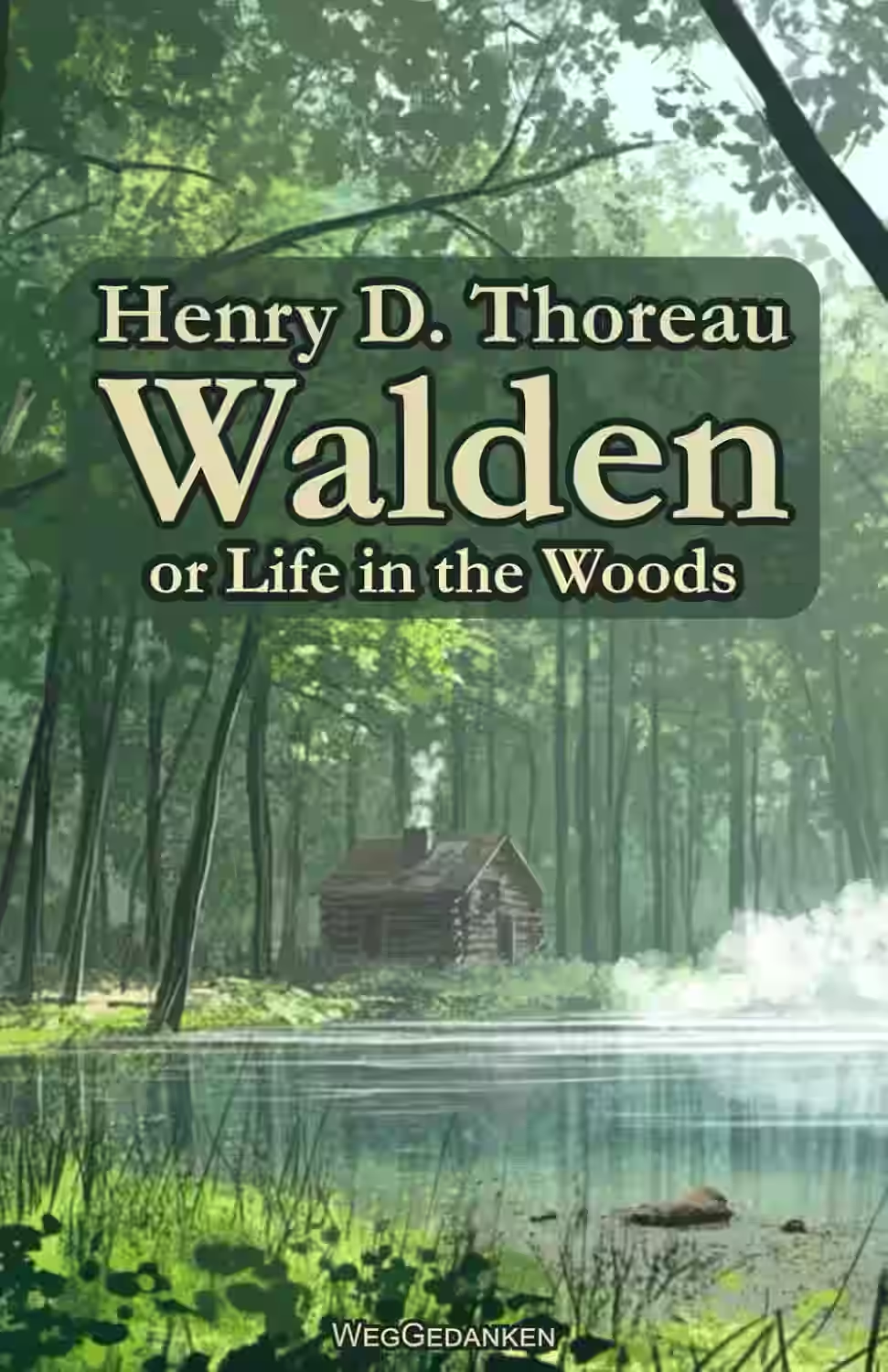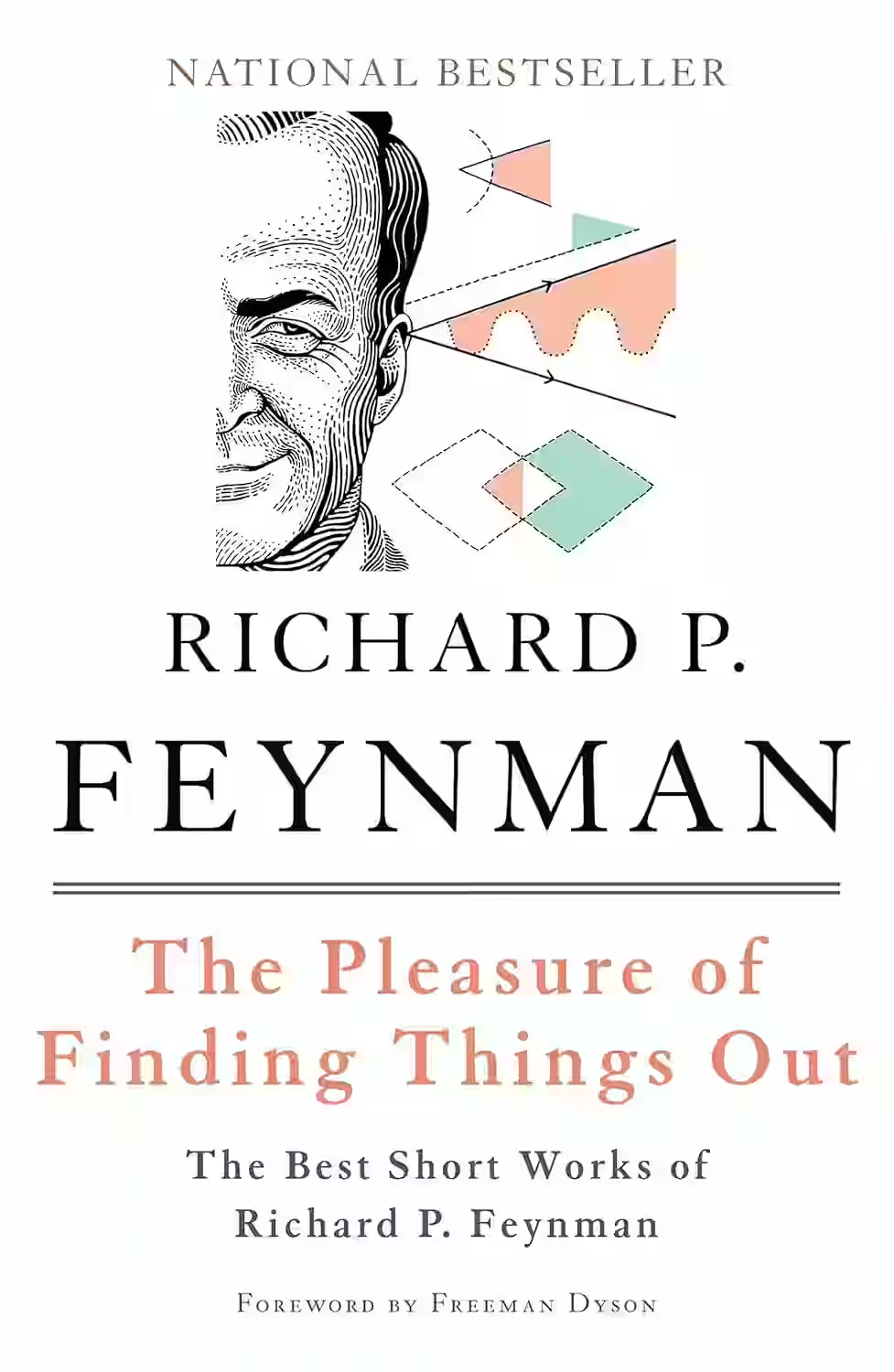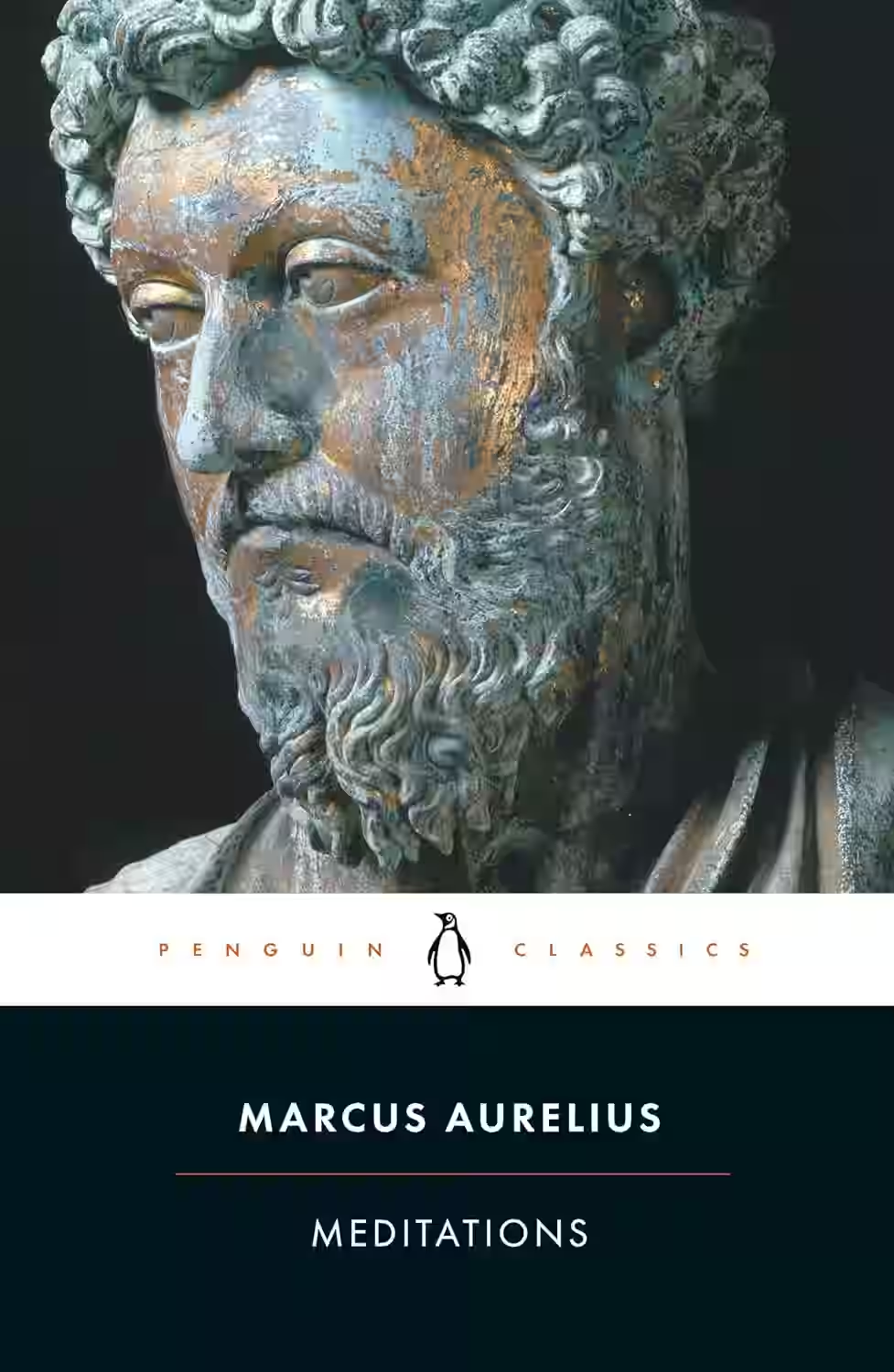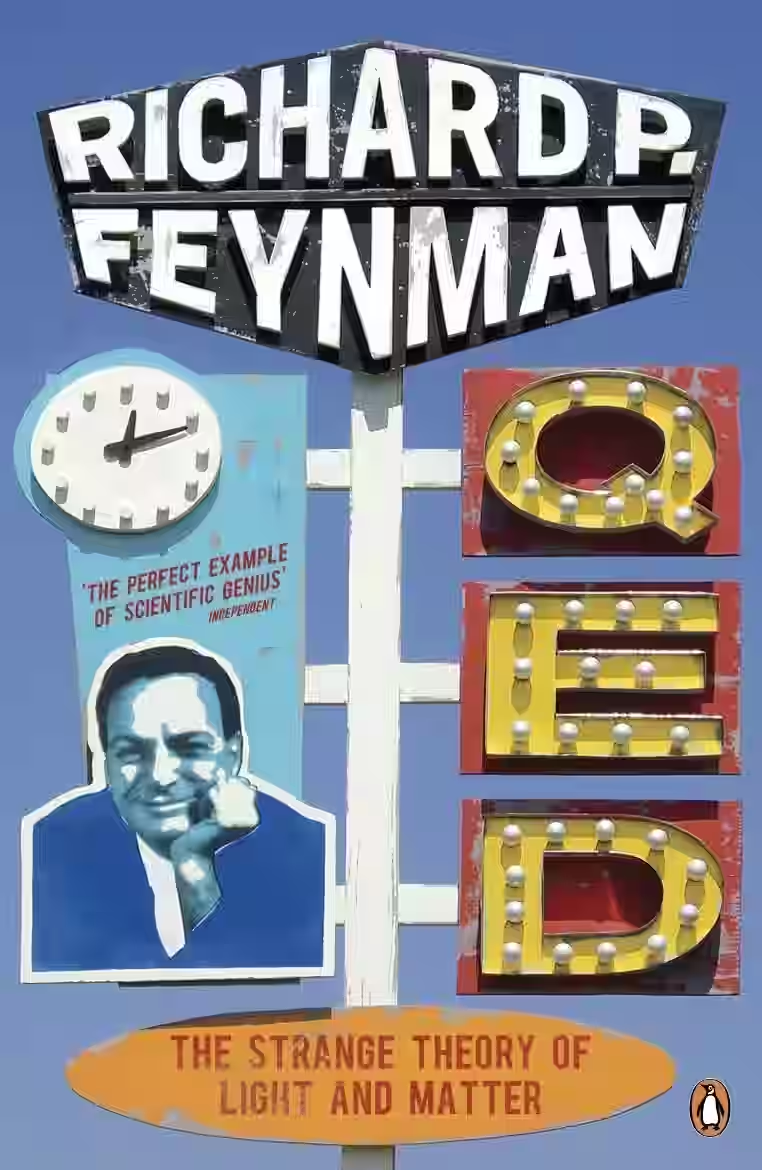
In Walden, Thoreau reflects on his experiment of simple living in a cabin near Walden Pond. Through observations of nature and philosophical musings, he advocates for self-reliance, introspection, and a deeper connection with the natural world. The work challenges materialistic values and encourages readers to seek fulfillment beyond societal conventions. Thoreau's contemplative prose offers timeless insights into the human condition and the pursuit of a meaningful life.
About Henry David Thoreau
An American naturalist, essayist, poet, and philosopher, a leading figure of the Transcendentalist movement. His influential work, Walden; or, Life in the Woods, details his two years of living simply in nature, advocating for self-reliance, simple living, and civil disobedience. Thoreau's writings explored themes of individualism, environmentalism, and the pursuit of truth outside societal norms, profoundly influencing subsequent thought on ecology and activism.
Similar Books

The Pleasure of Finding Things Out
This collection celebrates the remarkable achievements of Nobel Prize-winning scientist Richard P. Feynman, whose work profoundly reshaped our understanding of quantum electrodynamics. "The Pleasure of Finding Things Out" is a magnificent compilation of Feynman's finest short works, encompassing interviews, speeches, lectures, and articles. Offering an intimate and captivating glimpse into an extraordinary life dedicated to science, this wide-ranging treasury explores Feynman's thoughts on science in culture and includes his insightful Nobel Prize acceptance speech. It's a fascinating read for anyone intrigued by the power of ideas and the scientific mind.

Freedom from the Knowledge
Freedom from the Known is a collection of profound and accessible talks by spiritual teacher Jiddu Krishnamurti. He explores the nature of thought, fear, and the search for truth, urging readers to break free from conditioned beliefs and seek direct understanding through self-awareness and questioning.

Meditations
Written by Roman Emperor Marcus Aurelius, Meditations is a series of personal reflections on Stoic philosophy. It offers insights on resilience, humility, and the nature of human existence, emphasizing self-discipline, rationality, and virtue. Composed as a private journal, the work reveals how to maintain inner peace amid external chaos, making it a timeless guide for personal growth. Its concise wisdom and ethical clarity continue to influence leaders, thinkers, and individuals seeking meaning in a turbulent world.

QED: The Strange Theory of Light and Matter
Nobel laureate Richard P. Feynman unravels the revolutionary science that earned him the prize with his signature lucid and witty style. Quantum electrodynamics, or QED, is the theory explaining the intricate interactions between light and electrons, illuminating the deepest mysteries of our universe. Celebrated for its accuracy and enduring validity, QED, thanks to Feynman and his colleagues, stands as a cornerstone of modern physics. Through engaging everyday examples, Feynman delivers the definitive and accessible introduction to this profound theory.